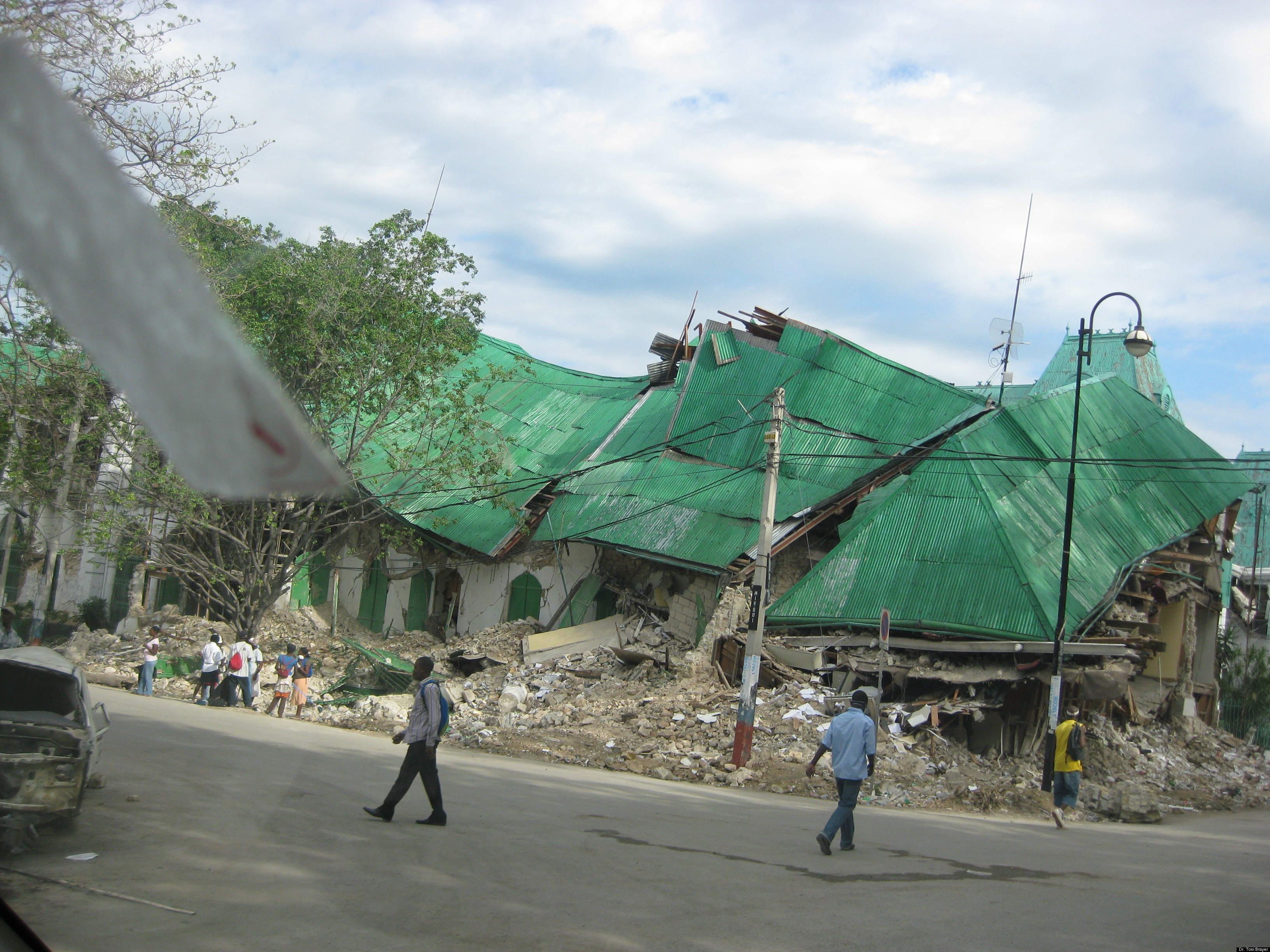
It has been two months since the disastrous earthquake in Haiti and the medical need is still dire. I just returned from a week in Port-au-Prince with a 17 person team of doctors and nurses to work with Partners in Health.
We worked at the University Hospital, the only State hospital in this city of 3.5 million. We delivered medical care in tents like MASH units. There is one standing concrete structure that housed about 50 patients and other tents are being used as a makeshift ER, ICU, Surgery and TB ward.
Our group staffed the nights on the Med Ward (we called it the catacombs), ICU and Pedi ICU. We worked 14 hour shifts and saw the most unbelievable filth, diseases and resilience of the Haitian people. We had no running water and that means no toilets too. We had 100 percent surgical infection rates. We chased mice out of patient's beds and shared our food and water with people who had none. We brought medical supplies and wished we had more. We made diagnosis without labs or imaging and treated serious diseases as best as we could in a "Charles Dickens novel" environment.
Doctors and nurses are trained to "hand-off" patients at the end of the work shift. We often had no one to hand off patients to. The Haitian medical force has been decimated by the quake (killed or fled) and the other aid groups have pulled out. This created stress for us. Partners in Health is committed to Haiti but does not have the resources (or the permission) torun the State Hospital.
The entire family stays with a patient in the hospital; sleeping on the floor, feeding and cleaning the patient. Everyone in the vicinity crowds around if you are examining or talking to a patient. There is no privacy at all and no HIPPA. This was so odd to us but so accepted by them. Even when death was obviously coming and we warned the family, the family was always surprised and tried to wake the dead person up. The mourning ritual is extreme, loud, prolonged for hours and made everyone (including us) cry.

I did not see one cigarette in Haiti. They are too poor to smoke.
Young people have end stage heart and liver disease from infections, malnutrition and other conditions that we eradicated decades ago. Poverty does lead to early death.
You can read this post, and others on Dr. Brayer's website: www.everythinghealth.net